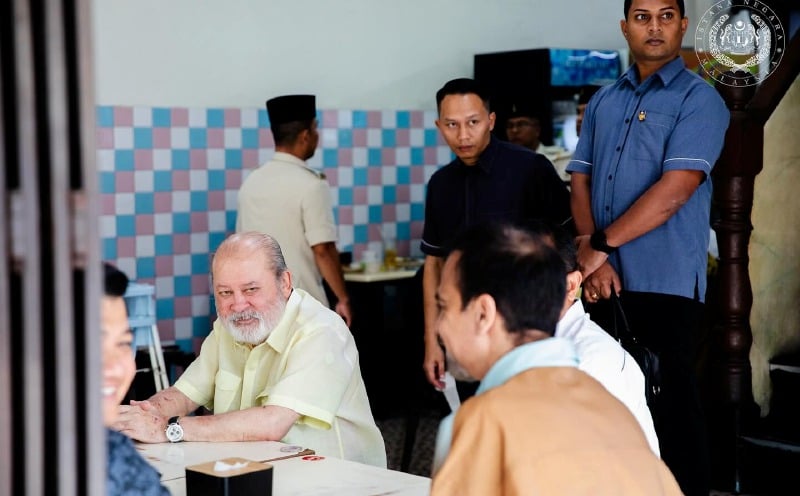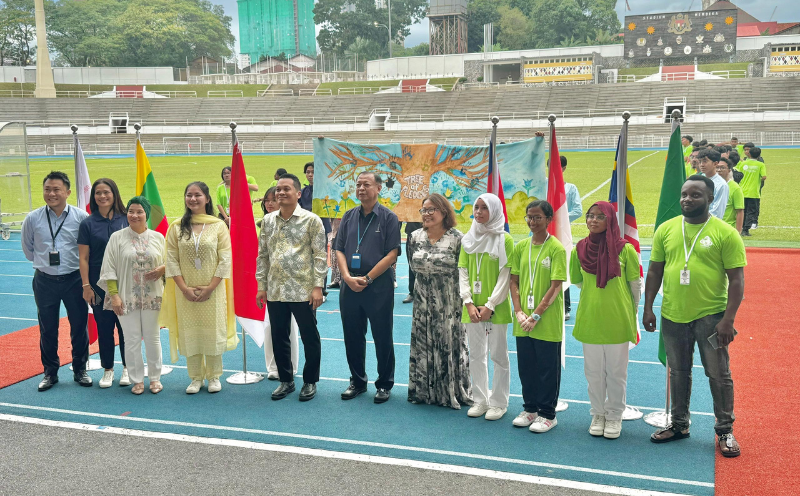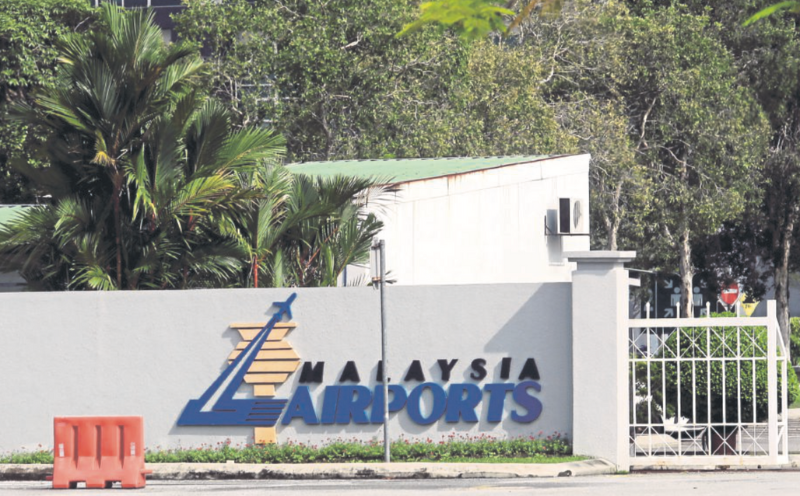IN anticipation of worsening conditions due to Covid-19, the government recently launched an unprecedented stimulus package totalling RM250 billion which takes up to 17 per cent of the nation’s gross domestic product. The package has three primary goals — safeguarding the people, supporting the business sector and strengthen the economy. It provides cash aid not only to B40 households but also to the M40.
For the rest of Malaysians, there are discounts in electricity bills, telecommunication services, incentives for frontliners, and fund withdrawing facilities. The package includes measures to assist businesses and ensure the resilience of the economy.
In addition, we witnessed the setting up of various emergency funds, including the federal government’s Covid-19 fund launched since March 11 that collected more than RM8 million. In the private sector, The Edge Covid-19 funds have so far received RM19.2 million, mostly from corporate donors.
Non-governmental organisations (NGOs) and civil society have also initiated various efforts. The charity doesn’t stop there. The prime minister announced that cabinet members would be giving up two-months’ salary to the Covid-19 fund.
Religious institutions and organisations have also initiated Covid-19 fundraising efforts and one that sparked attention was the Musa’adah Covid-19 Fund launched by Senator Datuk Seri Dr Zulkifli Mohamed Al-Bakri, the new minister of religious affairs, who asserted that the fund has always included non-Muslims.
In general, Muslim jurists agreed that the maqasid al-shariah is to serve the public interests and to prevent harm. This main objective of shariah is governed by the principles and concepts of mercy and guidance — (al-Anbiya’, 21:107 & Yunus, 10:57). Thus, all aspects of human life must conform to the objectives of shariah based on its priorities namely essentials (dharuriyyah), complimentary (hajiyyah) and embellishment (tahsiniyyah).
Under the essentials category, mundane and religious matters must be acted upon. Thus, preservation of religion, life, intellect, lineage, dignity and property are six important priorities in a human’s life. Preservation of life is one of the essential priorities in the objectives of shariah after religion. As such, funds collected for this purpose should be shared by all, regardless of religious background.
Ibn Qayyim al-Jawziyyah has identified three main characteristics of maqasid al-shariah, namely (i) It serves the interests of all human beings (jalb al-masalih) and save them from harm (daf’ al-mafasid).
According to Ibn Ashur, who subscribes to a broader angle, the objective of shariah invariably includes preserving the social order of the community and ensuring its healthy progress by promoting the wellbeing and virtue of the human being. The most important objectives of shariah is to establish justice, eliminate prejudice and alleviate hardship.
For al-Ghazali, the importance of preservation of the ends of the shariah is the fundamental meaning of maslahah. For that reason, according to al-Shatibi, maslahah is a principle which concerns the subsistence of human life, the completion of man’s livelihood, and the acquisition of what his emotional and intellectual qualities require of him, as an absolute sense, including the administration of justice and worship.
So, it can be said with confidence that the Covid-19 funds are in tandem with the objectives of shariah and the principle of maslahah. In times of harsh conditions brought by Covid-19, such policy aids and charity funds can play a vital role and, for some, a lifeline in preserving one’s livelihood.
The situation may invoke the shariah rules of necessity which have an in-built universality that prevents any division based on race, colour and creed. Therefore, as one of the five essentials of shariah, the preservation of life, regardless whether they are Muslims or non-Muslims, should remain one of the highest priorities of policymakers, institutions and society as whole.
The writer is Deputy CEO of the International Institute of Advanced Islamic Studies (IAIS) Malaysia

















